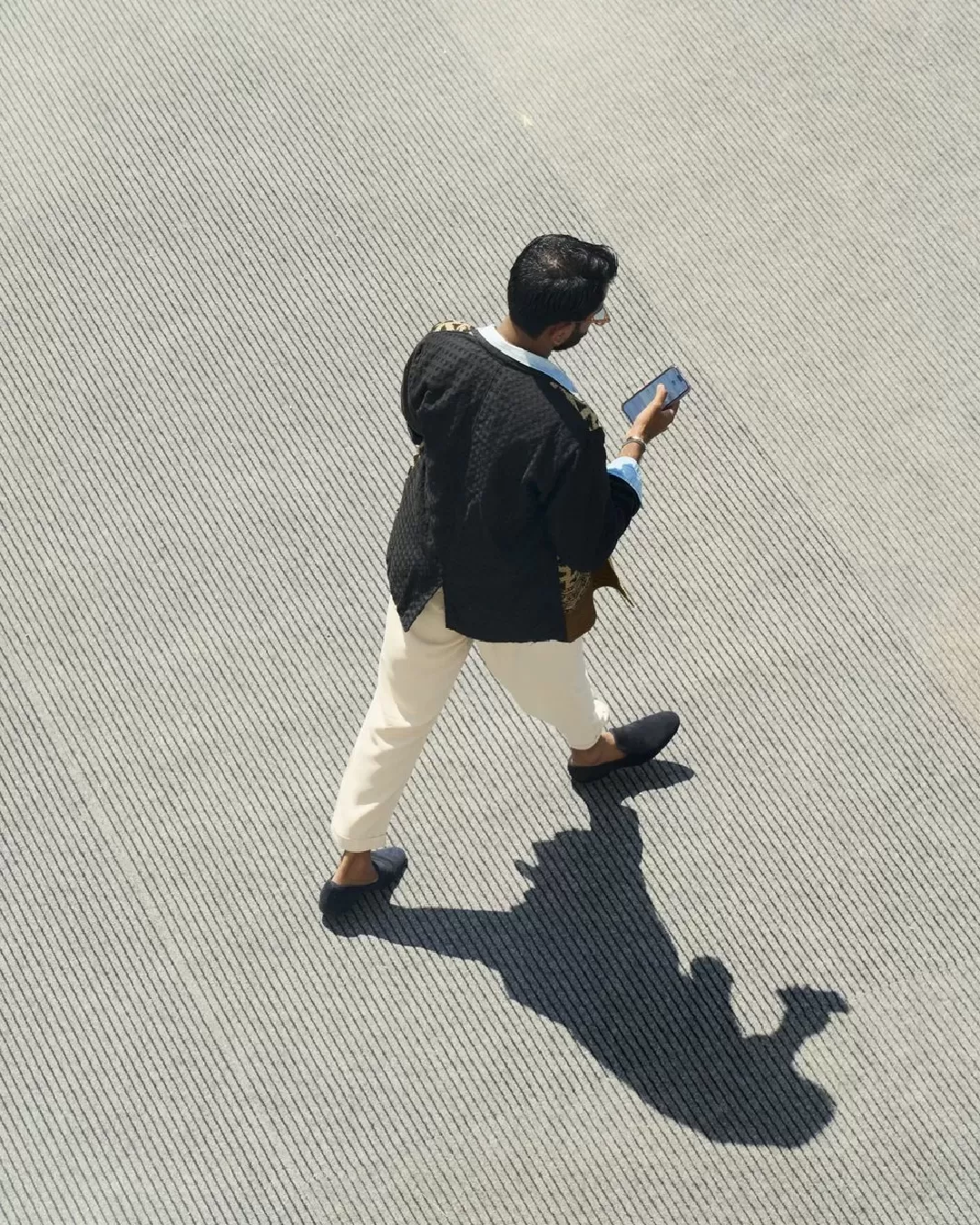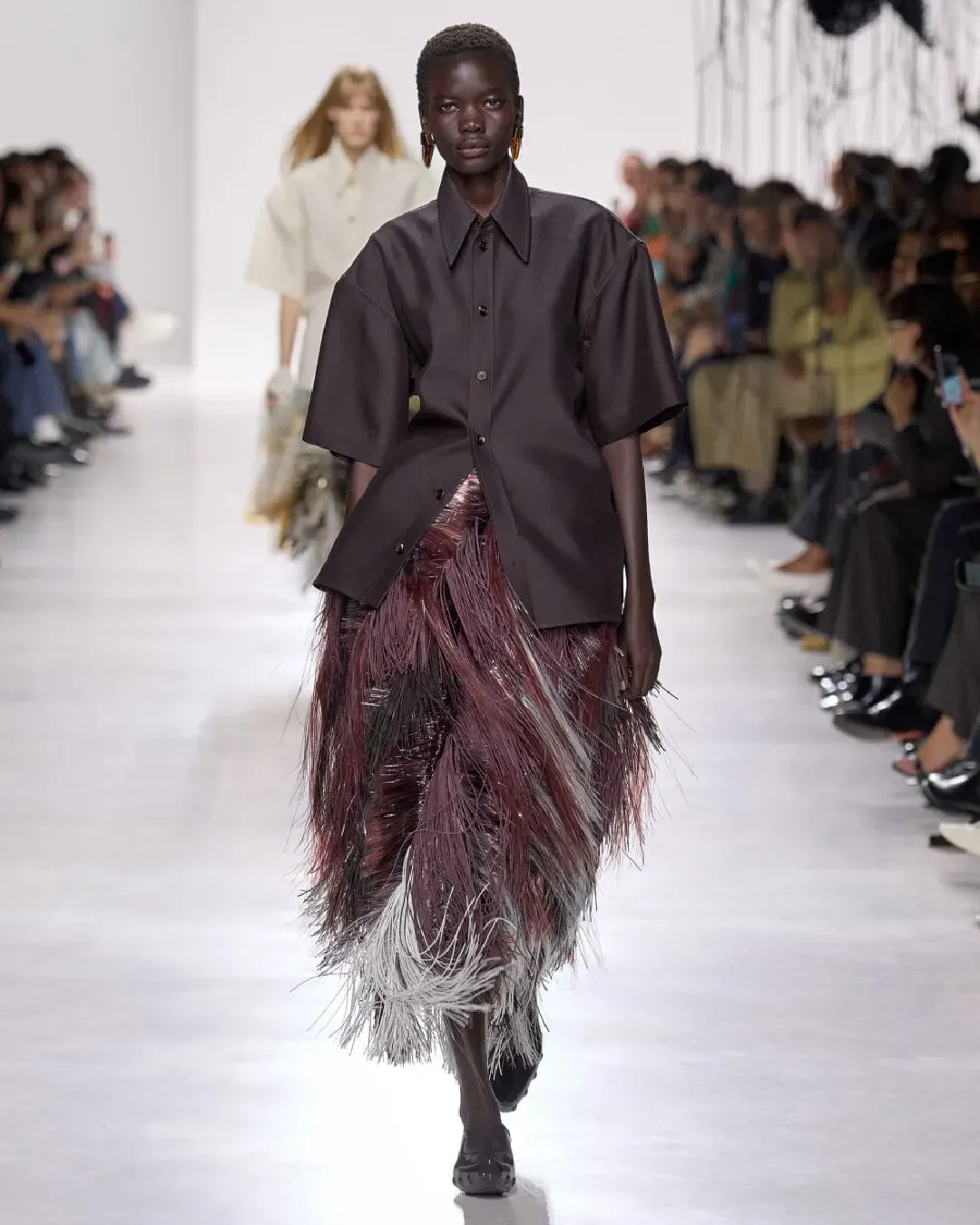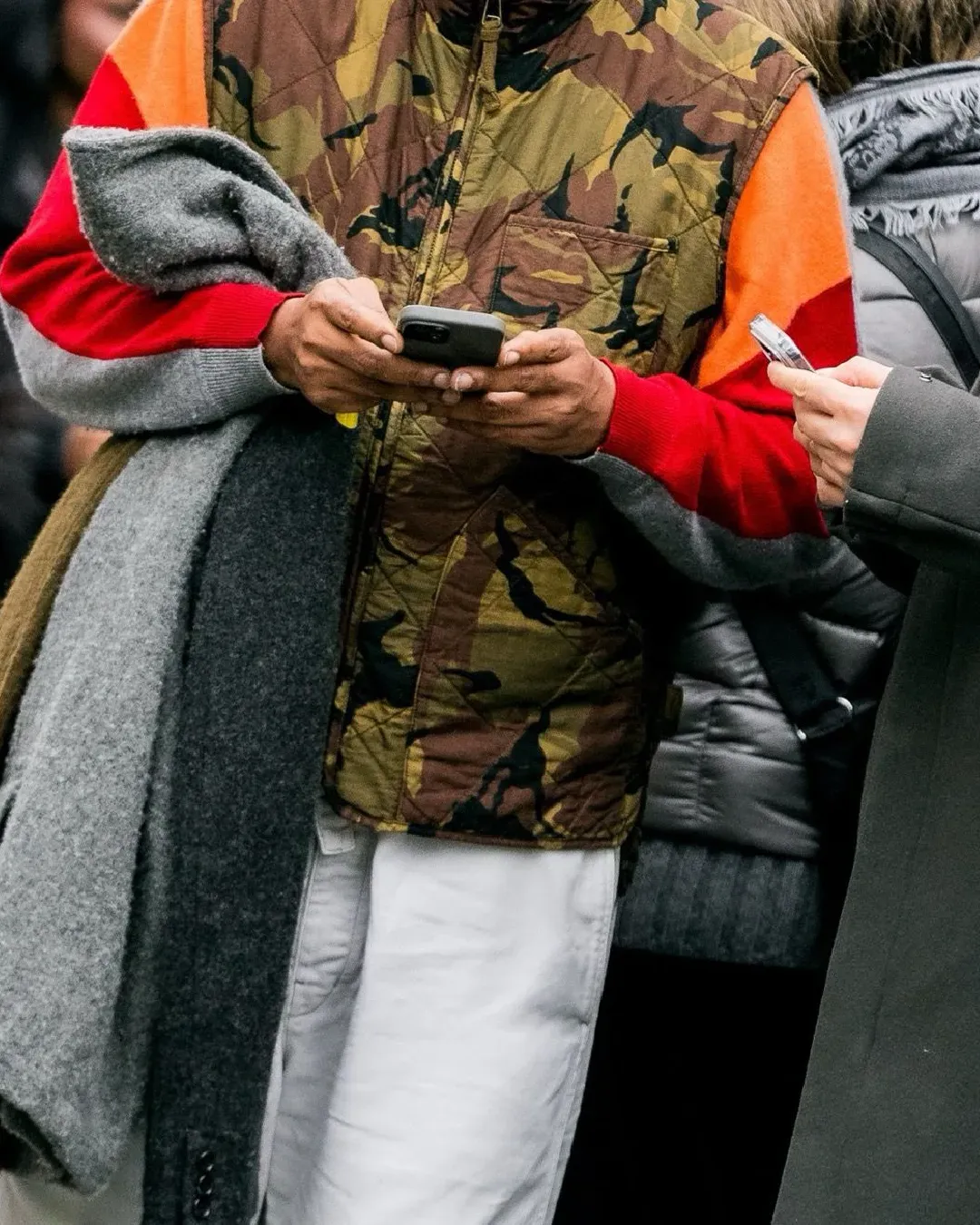
«Convenience kills communities» The meaning behind the TikTok's new viral phrase
Self-care in 2025 is a double-edged sword: it seduces with its glorious image, its sense of discipline and the power it grants, but at the same time, it encourages competitiveness and isolates people. When we see morning routines and vlogs from content creators on TikTok teaching how to «take care of yourself», beyond the early wake-up calls and ice baths, it’s clear they spend most of their day alone. After all, virtuousness and hyper-individualism go hand in hand if the main goal is to be better than others: eliminating “toxic” people from your life is an essential part of the optimization process. So, to juggle workouts, sauna, facials, work, and personal projects, people are forced to put aside personal relationships and free time. Luckily today everything can be done online: groceries, shopping, streaming shows and movies, finding a romantic date for the weekend, and now even friends. Digital maps help us reach any place as quickly as possible while avoiding traffic, and for any question - creative or practical - we can consult our Meta glasses powered by artificial intelligence. All these conveniences, designed to make us as productive and self-centred as possible, have created a society that is beautiful and productive, but lonely. What philosopher Zygmunt Bauman called Liquid Life - the theory that every field of contemporary society is covered by a layer of instability - has led new generations to ask themselves: how convenient is convenience, really? «Being annoyed is the price you pay for community» is a quote circulating on X and TikTok, challenging all the comforts we’ve gotten used to, including swiping.
being annoyed is the price you pay for community.
— divya venn (@divya_venn) March 1, 2025
it means having guests when you'd rather be alone. it means letting someone live with you even when they get on your nerves. it means showing up for events that you'd rather not go to. it means turning the other cheek.
In a world where instability is the rule, people seek certainty. That’s why, after a period of inclusion and innovation, openness to change has declined in favour of past themes and approaches. Spirituality has returned to play an important role among younger generations, with Christianity booming on social media and new age spiritualism - manifesting, tarot cards, and reality shifting above all - transforming to fit contemporary society’s primary interests: material goods, personal development, and aesthetic care. Politics is increasingly polarised, with the conservative movement in America gaining ground among Gen Z young men (the same who worry on social media about the male loneliness epidemic) thanks to values like individual merit, rejection of political correctness, and a certain aversion to feminism. And finally, fashion, after years of creative expansion, has taken shelter in past icons, through vintage and stylistic moderation made of buttoned cream-colored shirts, loafers, logo disappearance, and a reverence for the concept of timelessness.
@vlushdollhaus Like I never have to leave my house to get anything and then I wonder why things feel so lonely
original sound - vlushdollhaus
To understand how obsessed the world has become with productivity and aesthetics, just look at the top podcasts of 2024: after The Joe Rogan Experience and Call Her Daddy - two series centred on interviews with American pop culture figures (telling their personal success stories, not by chance) - we find The Huberman Lab and The Diary of a CEO among the top ranks, focused respectively on optimising mental, physical, and professional performance. Not to mention the culture of individualism and self-improvement thrives on YouTube, where creators like TheWizardLiz (8 million subscribers) rack up millions of views with teachings like «say no to everything that doesn’t align with the life you want», including people. There’s nothing wrong with walking away from those who make us feel bad, but it's also true that we usually grow by facing problems, not running from them.
Amid this chaos of sounds and visuals that indoctrinate us into isolating ourselves to become the best version of ourselves, we are forgetting the benefits of sharing. Because even though, to quote another often repeated internet guru phrase, you need to have enough energy for yourself before giving it to others («fill your cup first»), solitude is not the best cure for unproductivity. «Being annoyed is the price you pay for community» means just this: if we really want to break the consumerist and productivity bubble, even just for a moment, and share real emotions instead of chasing aesthetic and career goals, we have to put our egos aside and embrace the everyday annoyances - be it waiting in line at the supermarket, small talk at a party, or asking a stranger for directions. «It means having guests when you'd rather be alone. It means letting someone live with you even when they get on your nerves. It means showing up for events you'd rather not attend. It means turning the other cheek», says a user on X. «Same with embarrassment being the price of not being lonely,» adds another.
@ucanhope The Procrastination Demon... #hopelesscore #hope #hopecore original sound - ucanhope
Taking care of yourself is wonderful, learning what you need and chasing your dreams, but searching for yourself also means confronting others. Self-care also means spending time not thinking about yourself. It's okay to have your tarot read, to pray, to meditate, to listen to success stories from CEOs and entrepreneurs, but if you never leave the house to experience what you’re working for, you’ll end up just working. The best ideas come from being together: examples like The Factory, the Bright Young Things, the Surrealists, the Guerrilla Girls, Wu-Tang Clan, Oasis, Odd Future, C2C, Daft Punk, Dark Polo Gang, the Antwerp Six, Miuccia Prada, and Raf Simons prove that being alone is fine, but being together is more fun.














































